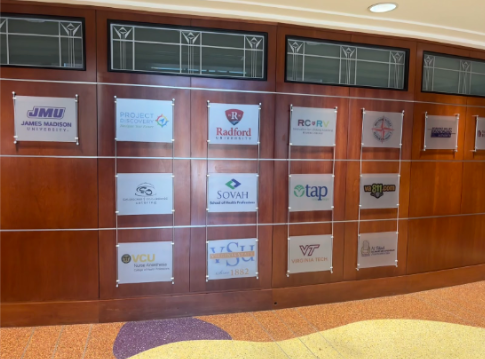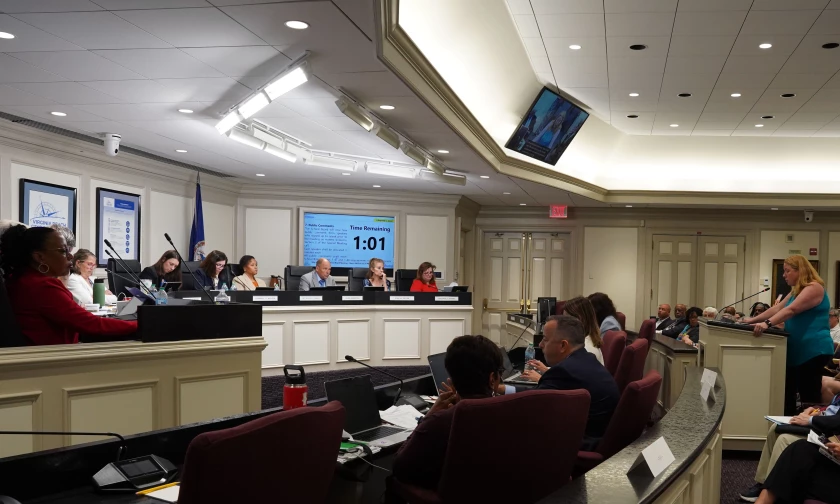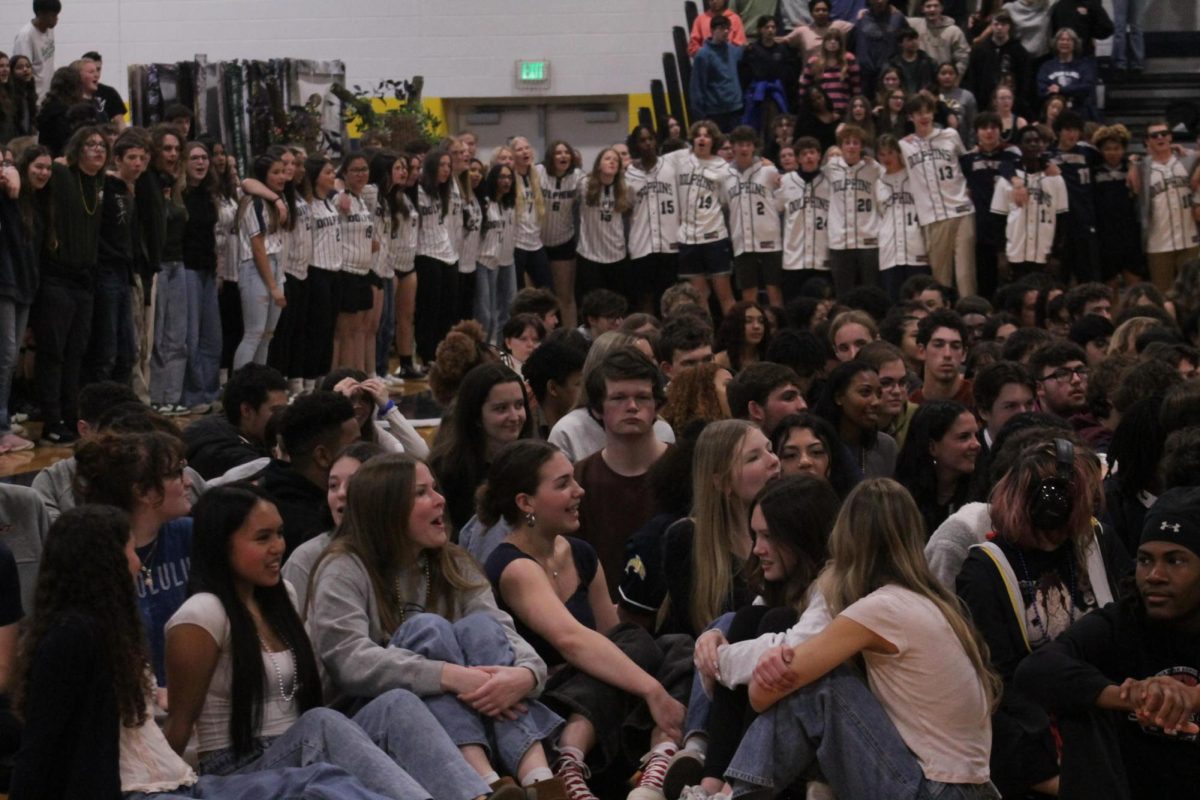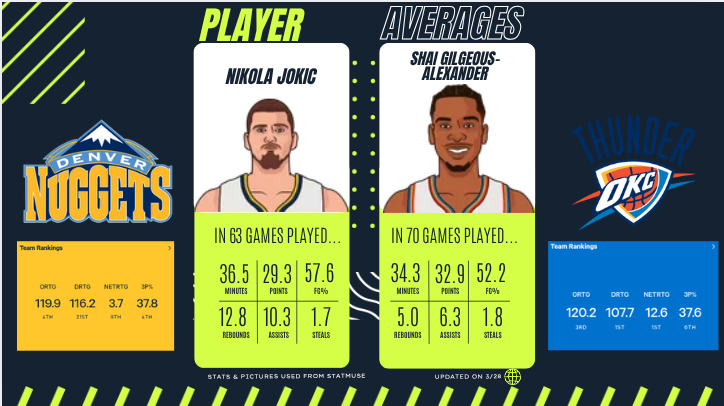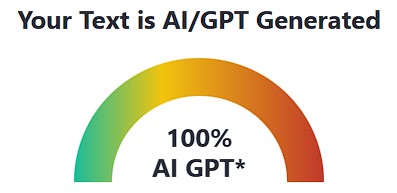
Over recent years, generative artificial intelligence (AI) has entered various aspects of everyday life. While generative AI saves time, overuse will inevitably hurt people’s cognitive abilities—especially students—and leave them unprepared for their future.
Consider writing an essay.
First, generate a brainstorm, select a topic, complete research, and refine both syntax and diction. This process can take an hour or more, requiring significant mental exercise and growth.
Now, given the opportunity to type in a prompt and receive an above-average essay in less than a minute, AI presents a much stronger appeal. So, it is no surprise that AI tempts students.
In fact, nearly half of high school students have claimed to use AI for assignments, according to TheACTNewsroom.org.
Programs like ChatGPT and Google’s Bard quickly become crutches for students trying to complete their work.
This overreliance on AI erodes students’ competence and problem-solving skills because they completely bypass any critical thinking needed to complete assignments and sharpen their intellect. While this practice, by definition, qualifies as cheating, completely preventing it remains nearly impossible.
Education aims to equip students with the tools needed for success and independence, which is why AI poses such a threat.
Although AI has created a potent effect on current students, even greater concerns should focus on the future generation, who will need to resist AI’s temptation from the start of their educational careers.
AI will not only encourage future students to swap cognitive skills for convenience but also deny them the opportunity to exercise their human creativity.
AI can regurgitate known information, but it cannot substitute for human creativity.
In the future, striking a balance between technology use and student learning will remain essential to developing competent, skillful adults prepared for competitive, real-world jobs.
Much like cars replacing horses, AI may eventually replace humans in the workforce.
By 2050, AI will likely replace 30% of jobs, according to the World Economic Forum.
While AI will undoubtedly revolutionize the world for the better, preserving human competence and the satisfaction of achievement should not disappear in favor of AI’s efficiency. The best way to ensure this involves strictly limiting AI use in schools.
Although government regulations and school-imposed punishments should help, students ultimately hold responsibility for managing AI use. They must take ownership of their futures and make conscious efforts to preserve cognitive skills by self-regulating AI access.
One way for current students to accomplish this is by deleting their generative AI accounts or pledging to use AI only for recreational purposes.

